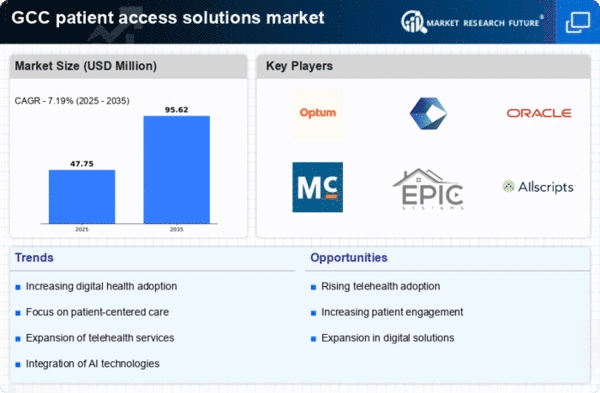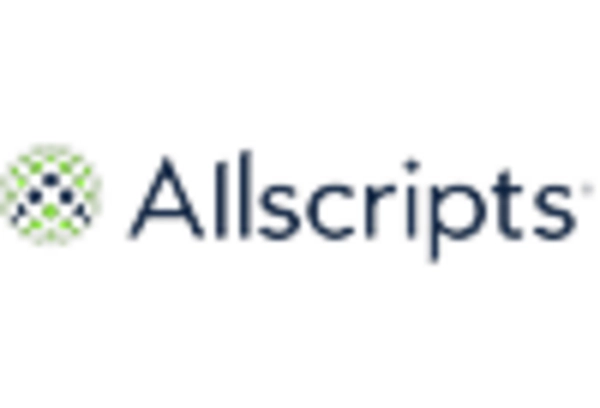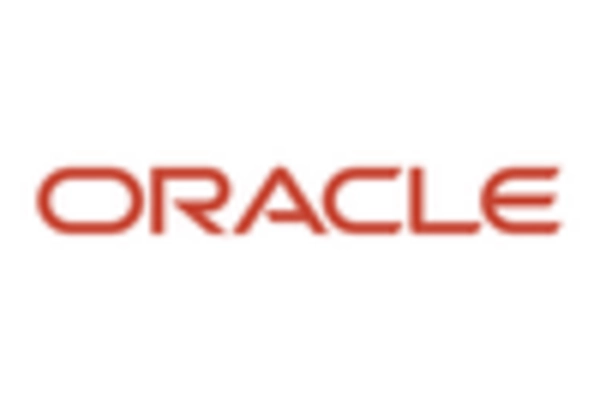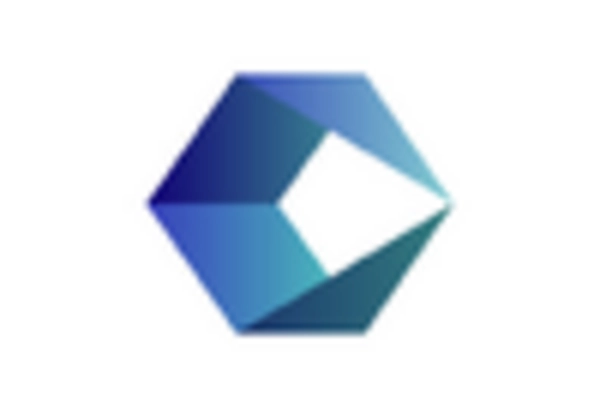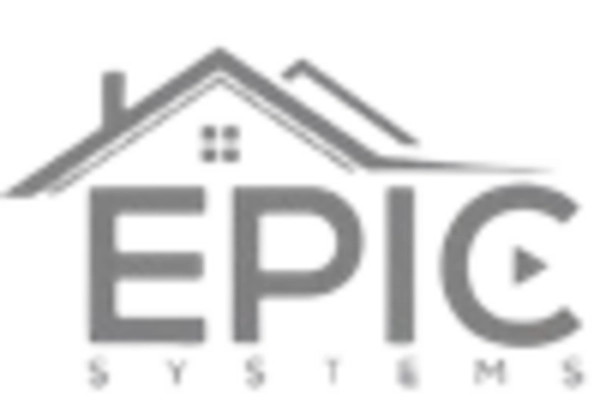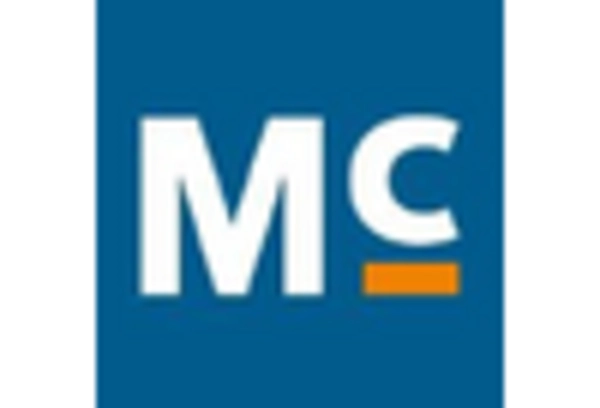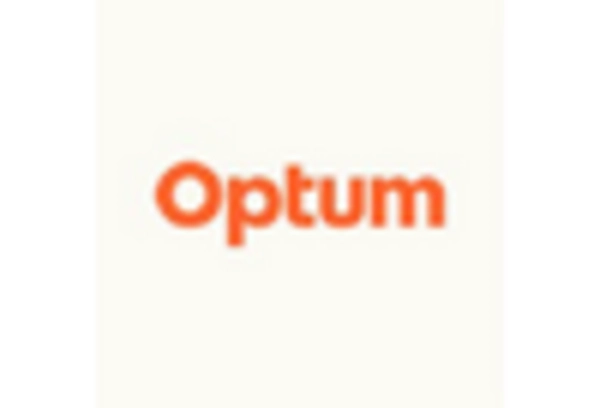Increased Focus on Health Equity
The patient access-solutions market is increasingly influenced by a growing emphasis on health equity within the GCC. Stakeholders are recognizing the importance of ensuring that all individuals, regardless of socioeconomic status, have access to necessary healthcare services. This focus on health equity is prompting healthcare organizations to develop solutions that address barriers to access, such as transportation, language, and financial constraints. Recent studies indicate that approximately 20% of the population in the GCC faces challenges in accessing healthcare services, highlighting the need for targeted interventions. As a result, patient access-solutions are being designed to cater to diverse populations, ensuring that healthcare delivery is inclusive and equitable. This shift not only enhances patient outcomes but also aligns with broader public health goals, potentially leading to increased investment in access solutions and a more robust market landscape.
Government Initiatives and Funding
The patient access-solutions market is benefiting from various government initiatives and funding aimed at improving healthcare access in the GCC. Governments are increasingly recognizing the importance of investing in healthcare infrastructure and access solutions to enhance public health outcomes. Recent reports indicate that healthcare spending in the GCC is projected to reach $100 billion by 2026, with a significant portion allocated to initiatives that promote patient access. These investments are likely to support the development of innovative solutions that address access barriers, such as telemedicine platforms and community health programs. Additionally, government partnerships with private sector entities are fostering collaboration and innovation in the patient access-solutions market. As these initiatives gain momentum, they are expected to create a more favorable environment for the growth of access solutions, ultimately benefiting patients across the region.
Growing Awareness of Preventive Care
The patient access-solutions market is increasingly shaped by a growing awareness of preventive care among the population in the GCC. As health education initiatives gain traction, individuals are becoming more proactive in seeking preventive services, such as screenings and vaccinations. This shift is reflected in a reported 15% increase in preventive care visits over the past year. Healthcare providers are responding by enhancing access to preventive services through various solutions, including mobile clinics and community outreach programs. By prioritizing preventive care, the patient access-solutions market is likely to expand, as more individuals seek to engage with healthcare systems before health issues arise. This proactive approach not only improves individual health outcomes but also reduces long-term healthcare costs, making it a key driver for the market's growth.
Rising Demand for Telehealth Services
The patient access-solutions market is experiencing a notable surge in demand for telehealth services across the GCC region. This trend is driven by the increasing need for remote healthcare access, particularly in rural and underserved areas. According to recent data, telehealth utilization has grown by approximately 30% in the last year alone, indicating a shift in patient preferences towards virtual consultations. This demand is further fueled by the convenience and efficiency that telehealth offers, allowing patients to receive timely care without the need for physical visits. As healthcare providers adapt to this shift, the patient access-solutions market is likely to expand, with innovative solutions emerging to facilitate seamless telehealth experiences. The integration of advanced technologies, such as AI and machine learning, into telehealth platforms may enhance patient engagement and satisfaction, thereby driving further growth in the market.
Technological Advancements in Healthcare
The patient access-solutions market is significantly impacted by rapid technological advancements in healthcare. Innovations such as mobile health applications, electronic health records, and patient portals are transforming how patients interact with healthcare systems. In the GCC, the adoption of these technologies has been on the rise, with a reported increase of 25% in the use of mobile health applications over the past year. These advancements facilitate better communication between patients and providers, streamline appointment scheduling, and enhance the overall patient experience. Furthermore, the integration of data analytics into patient access solutions allows for more personalized care, as providers can tailor services to meet individual patient needs. As technology continues to evolve, the patient access-solutions market is expected to expand, driven by the demand for more efficient and user-friendly healthcare experiences.


